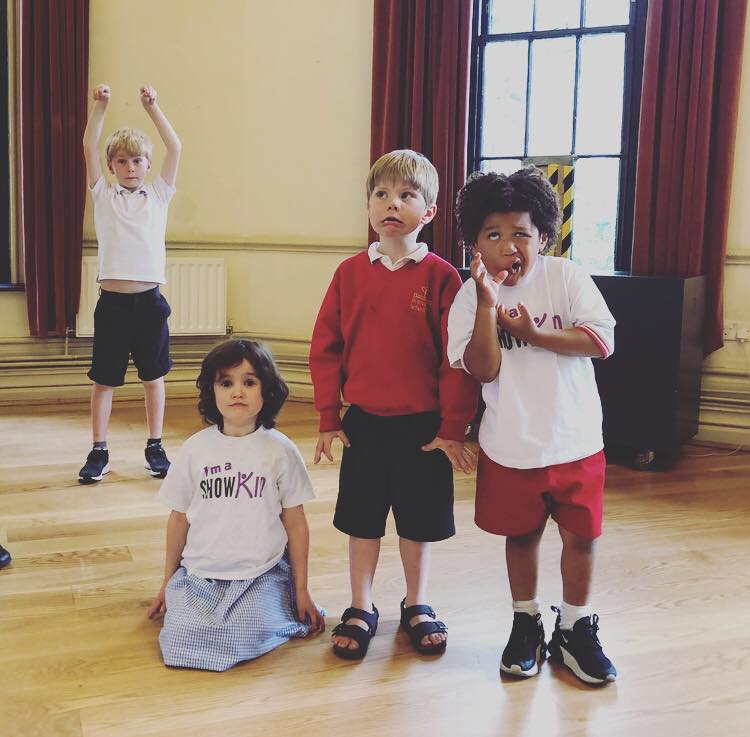
“Ok, you be the king and I’ll be the witch…” When you hear a child say something like this you know they’ll be happily entertained for a good while but there are other benefits to children engaging in role-play. This kind of creative play can spark imaginations, develop important social skills and, particularly in a structured environment, be educational. Here are some of the ways that role-play can contribute to a child’s development:
It inspires creativity
Even organised role-play relies on imagination and this kind creative play is a great way to develop children’s ability to think for themselves. In a situation where there is no ‘right’ answer or set conclusion children are free to let their imaginations run wild and not only can this foster creativity but the ability to problem solve in the future. As Albert Einstein said: “Logic will get you from A to Z; imagination will get you everywhere.”
It allows kids to explore the world safely
Role-play allows children to act out scenarios and to make sense of situations they have already experienced or may come across in real life, but in a supported environment where children can explore different emotional responses to these social situations. Role-play is an important way for children to explore who they are as individuals as they carve a place into the world around them. Being someone else for a time gives kids the freedom to test out different roles and personalities but also helps them to build confidence and in turn, self-esteem.
It helps to develop good social skills
Even as children decide on the topic of their game and the rules of engagement they are learning skills like collaboration and negotiation but as the role-play develops children are learning to walk in someone else’s shoes and developing their understanding of how others react to different situations, which makes them more empathetic. As children engage in role-play they develop communication skills, learning to choose their words carefully so that others can understand them as well as listening to others in order for the game to run smoothly.
It can be educational
Whether children are stomping around pretending to be elephants, cooking pretend cakes or playing doctors and nurses, role-play can teach them about the world. What sound does an elephant make? What ingredients go together to make a cake? What do nurses say to their patients? These kinds of games can improve general knowledge, vocabulary and even number and motor skills. Role-play is a fun way to introduce important topics and explore other cultures. It can be amusing or slightly disconcerting when you hear a little one repeat a very grown-up phrase but role-play is a great way to try out new words and, with a little help, get to understand what they mean too!
ShowKids’ after-school performing arts workshops use role-play in a fun but supported environment help children to connect with others, find confidence, foster creativity and develop social skills. Our caring, expert practitioners will bring out the best in your child through drama, singing and dance.
Find out more and book your child’s free taster here.